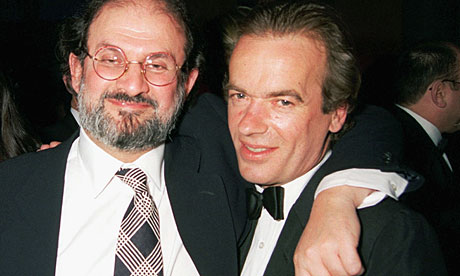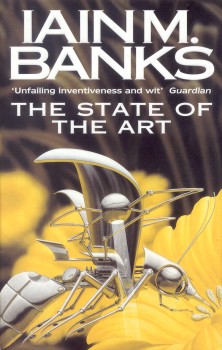Russell Kane is everywhere at the moment. He's on BBC3. He's on Dave. He crops up on panel shows, stage shows, end of the pier shows. I half expect he'll also star at Crufts. He's won Fringe accolades, performed as Beyonce in a charity Stars in their Eyes Special and posed naked for Cosmopolitan mag. And now he has written a novel.
“It is so depressing the prejudice that exists under that
canopy of comedian as author,” Kane says. “There is a kind of dread when people
pick up a comedian’s book, [an assumption] that it is going to be light,
insubstantial and pointless or pretentious and missing the mark. But for me the
two worlds are completely separate.”
Yet The Humoristis set in the world of stand-up. The lead character, Benjamin White, is a
comedy reviewer physically unable to laugh. At anything. Yet he stumbles on the
secret of comedy and finds that it can kill. Many reviewers have noted that despite
this the novel is short of a few, er, laughs. Which riles Kane because he
insists that being funny was the last thing he was trying to do.
“I’d be very surprised if anyone is laughing at this,
although I suppose there are bleak black laughs in there,” he concedes. “I know
I will get mauled by the critics. There was one in The Observer that said ‘The
humour falls flat’. Well what humour? I wasn’t trying to be funny. I guess if
you have jester’s hat on and you are trying to do brain surgery forget it, no
one will let you near their head.
“I have used the stand up comedy world as my subject matter
because I’m too busy and too lazy to do any research, but it could have been
anything. It could have been about watchmaking. The first person narrator is
the opposite to me in every way. Not everyone is going to get it though and I
understand that.”
A full version of this interview is in this week's The Big Issue magazine. Buy it from a vendor today.













